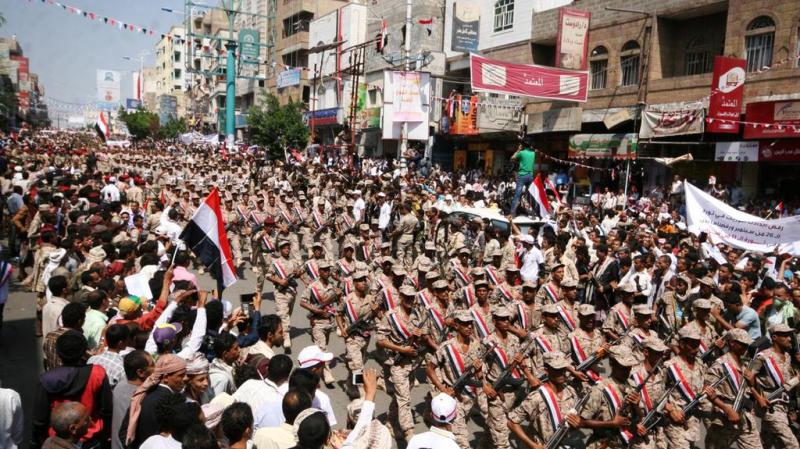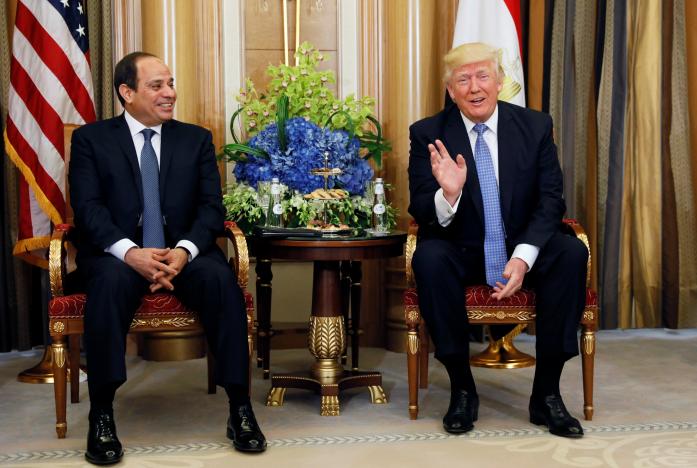Egypt’s football crisis with Algeria last November has roots in how we view our relationship with others, particularly Arabs. Our relationship with Arab countries is based on generic slogans touting Arab unity by blood, language, religion, history and culture. Nevertheless, these slogans fail to consider the realities on the ground.
I am not against Arab unity. But I do believe the way we view Arab unity has made this goal unachievable.
Slogans about Arab unity usually express unrealistic expectations. Moreover, the failure to acknowledge and accept existing differences between Arab countries renders unity talk futile. Recognizing and respecting differences can only give way to a sensible critical discourse and pave the way for effective communication.
How many of those who ramble on endlessly about Arab unity have actually tried to study the social realities of contemporary Arab societies or discern their complex structures? Arab unity cannot be imposed from above through enthusiastic slogans or summit meetings. Doesn’t the failure of Arab summits itself reflect a serious communication breakdown? And doesn’t the current struggle over leadership of the Arab world provide adequate proof of the clash between slogans and real life?
Arab regimes reject the principle of pluralism, which at its core involves a commitment to free criticism and the acceptance of diversity. This is true in every Arab state as well as on a supra-state level represented in the Arab League.
Let’s consider then the recent Sinai Bedouin crisis–a simple example that best demonstrates our inability in Egypt to accept the Other. Tensions between the state and the Bedouin keep surfacing from time to time despite attempts to suppress them. They have recently drawn a lot of attention after a series of roundups and failed negotiations between the Bedouin and the Minister of the Interior.
A closer look at the crisis reveals that it has political and cultural dimensions, even though it has mainly been addressed as a security issue. How many intellectuals, politicians and businessmen have taken any interest in the Bedouin of Sinai? Isn’t it more logical to try and bridge the gap with these Bedouin than to talk about a common destiny with faraway countries, like Algeria?
I admit that my awareness of Bedouin living conditions in Sinai is lacking. However, I do have experience with equally alienated tribal communities on the North Coast and in Marsa Matruh. I have been a frequent visitor to this part of the country and have many friends and acquaintances there.
They often complain to me that they do not enjoy full rights as Egyptian citizens and suffer discrimination in all realms of life. Job opportunities are lacking and these communities find it difficult to communicate with the rest of Egyptians. Even though Matruh receives huge numbers of Egyptian tourists during the summer, there is but limited contact–almost entirely restricted to the sale of simple goods and property–between the residents of Matruh and incoming visitors.
The problem stems from a society that regards anyone who is different with suspicion. The Bedouin of Sinai presumably face the same problems as their counterparts in Matruh. As their demands to the government reveal, Sinai’s Bedouin also want their share of economic opportunity, especially in the new factories and development projects currently being promoted by the state in that region.
The Bedouin should present their demands to ordinary Egyptians, not just to the Interior Minister. Arab unity must be preceded by the cultivation of a mentality that accepts pluralism and respects the Other. Only after this principle is implemented within Egypt will any talk about Arab unity begin to sound reasonable.
Translated from the Arabic Edition.




